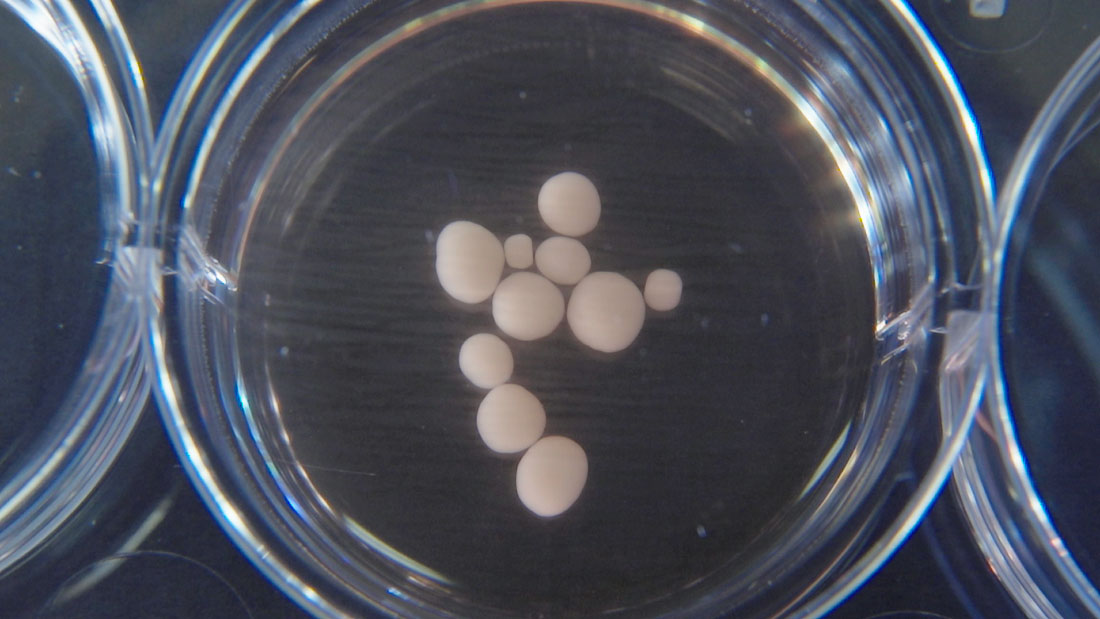US scientists have grown miniature brains from human stem cells that, for the first time, have produced brain waves.
The team grew hundreds of pea-sized brains from stem cells for 10 months and monitored their neural activities using electrodes. The organoids started producing bursts of brain waves after about two months – similar to what we see in the brains of preterm babies.
As the mini-brains continued to grow, they produced brain waves at different frequencies, and the signals appeared more regularly, suggesting the neurons were developing more connections and creating a neural network.
The SMC gathered expert comment on the study, which is available on Scimex for registered journalists.
Professor Bronwen Connor, Centre for Brain Research, University of Auckland, comments:
“The paper by Trujillo et al. presents an exciting and significant advancement in the field of neuroscience. Brain organoids generated from human stem cells have allowed researchers to study the development of the human brain. Previously, it was not possible to study the developing human brain and knowledge about human brain development was mainly based on data from non-human mammals.
“Trujillo et al. have expanded the capability of brain organoids and demonstrated that as the cells within the brain organoid mature, they start to produce electrical activity similar to that seen in the embryonic and pre-term brain. This is exciting as it further demonstrates that brain organoids closely model the developing human brain and are therefore able to be used to further investigate human brain development as well as study neurodevelopmental disorders such as autism. This capability will greatly enhance the ability to identify and develop new treatment strategies for currently untreatable neurodevelopmental conditions.”
No conflict of interest.
Professor Jing-Bao Nie, Centre for Bioethics, University of Otago, comments:
“Scientists ‘produced’ gene-edited babies just nine months ago. Now, they have ‘created’ miniature brains from stem cells, eliciting two immediate responses from me.
“Firstly, it is time again to ask the fundamental questions: What is science ultimately for? How can unintended harmful and evil consequences be prevented in the pursuit of ‘good’? Should science have a limit? These are the questions that must not be resolved by scientists alone, but rather moderated by the inputs of each and every citizen.
“Secondly, one is reminded of the famous passage sung by the chorus in Sophocles’ Antigone on the wonders of humankind (Elizabeth Wyckoff’s translation). ‘Many the wonders but nothing walks stranger than man… Clever beyond all dreams / the inventive craft that he has / which may drive him one time or another to well or ill.’ In Sophocles’ tragedy, while all are after some perceived essential good, the lives of all main characters end in death or unbearable suffering. Are we sure what fate our collective hubris for science takes us to?”
No conflict of interest.
